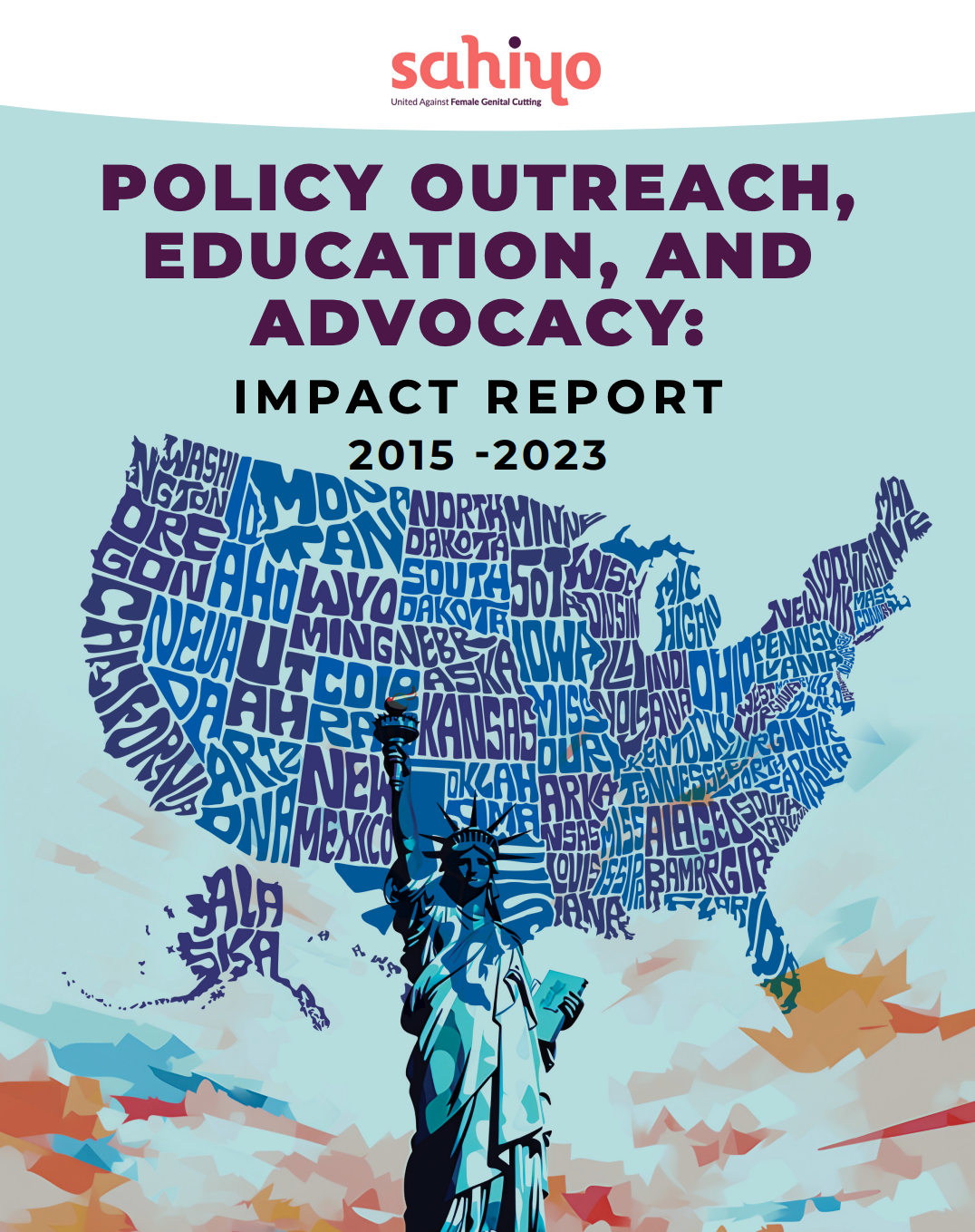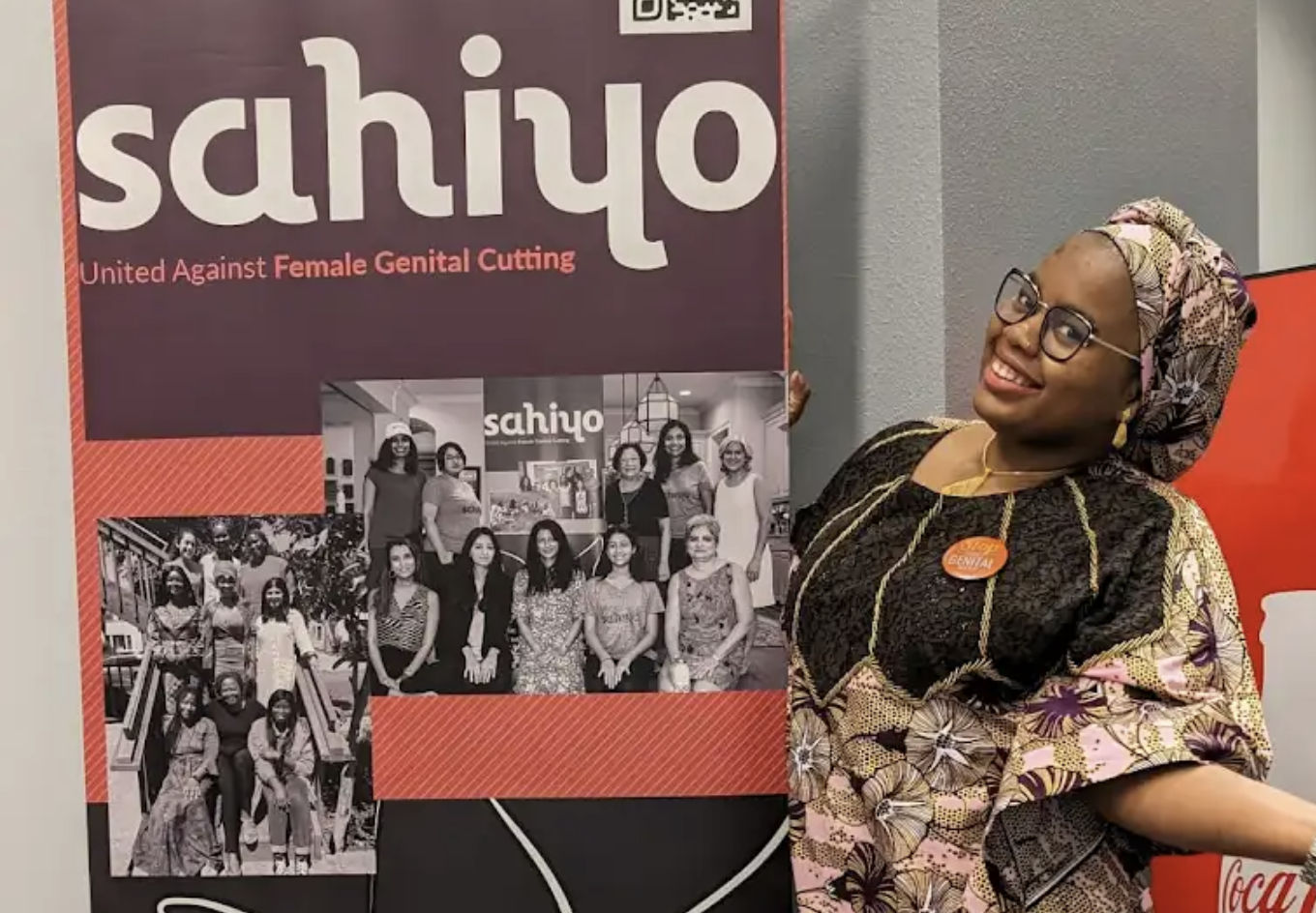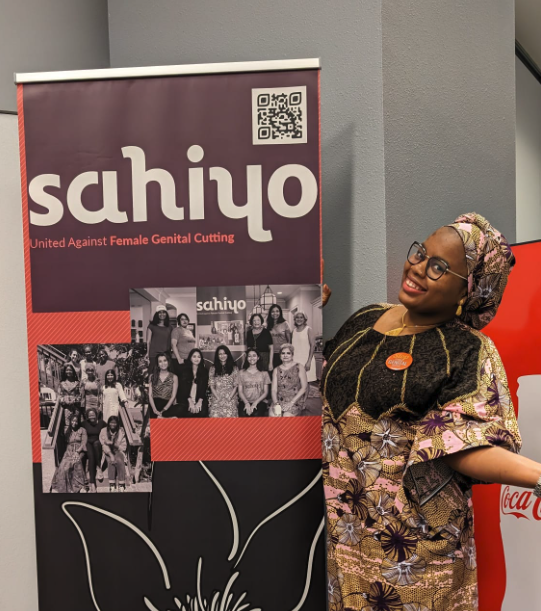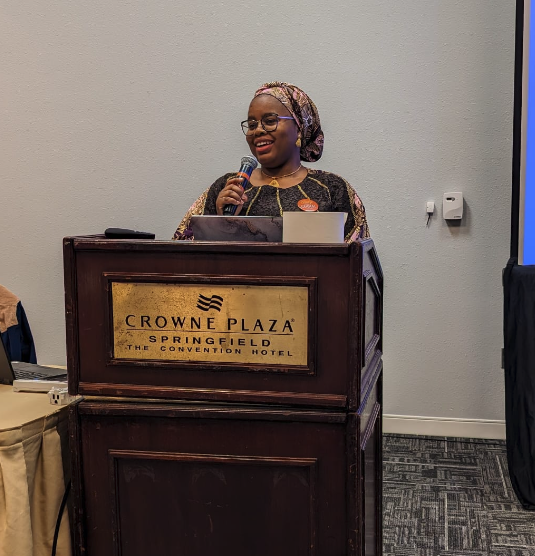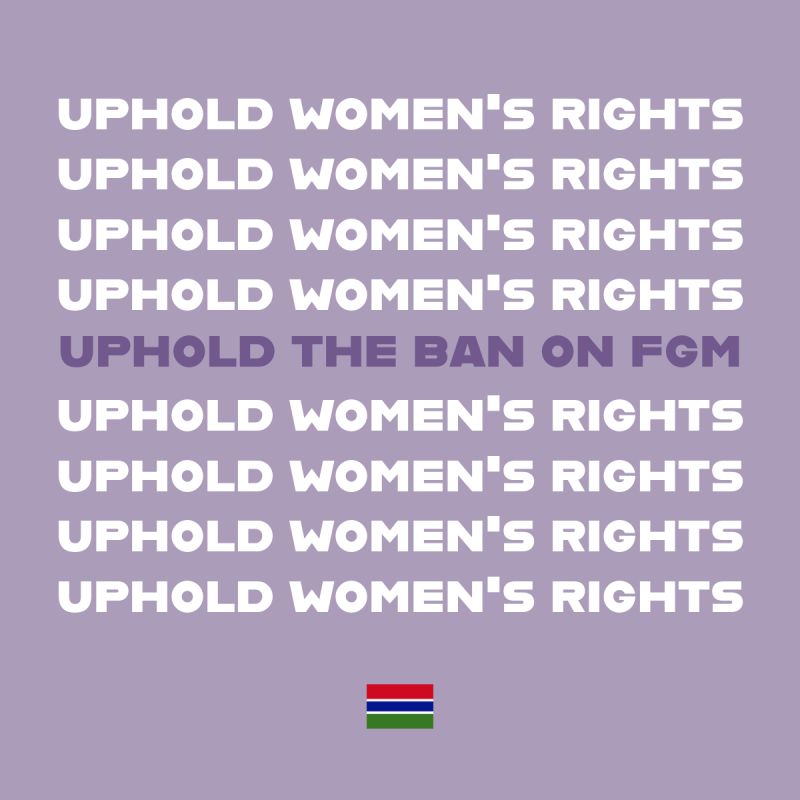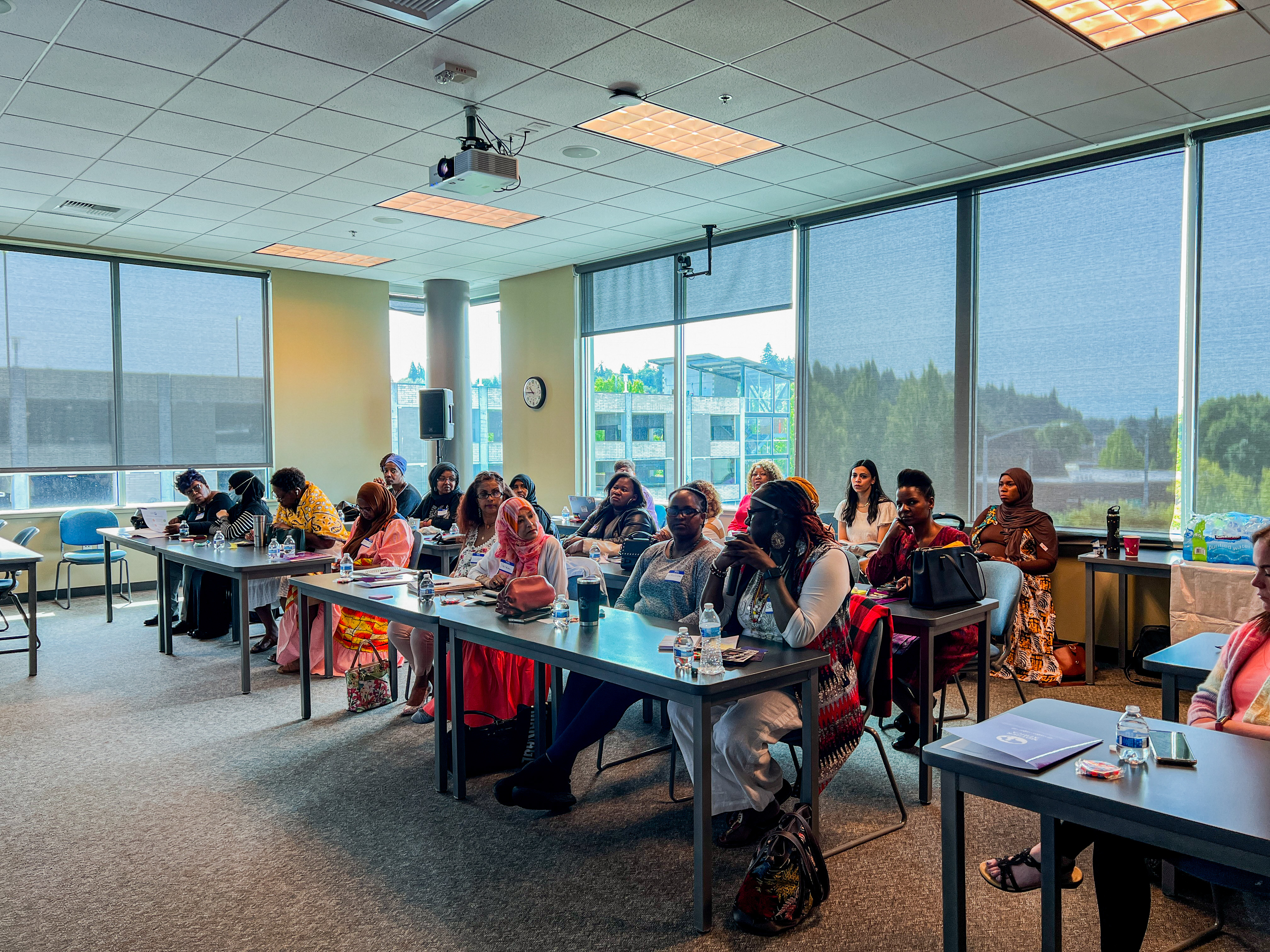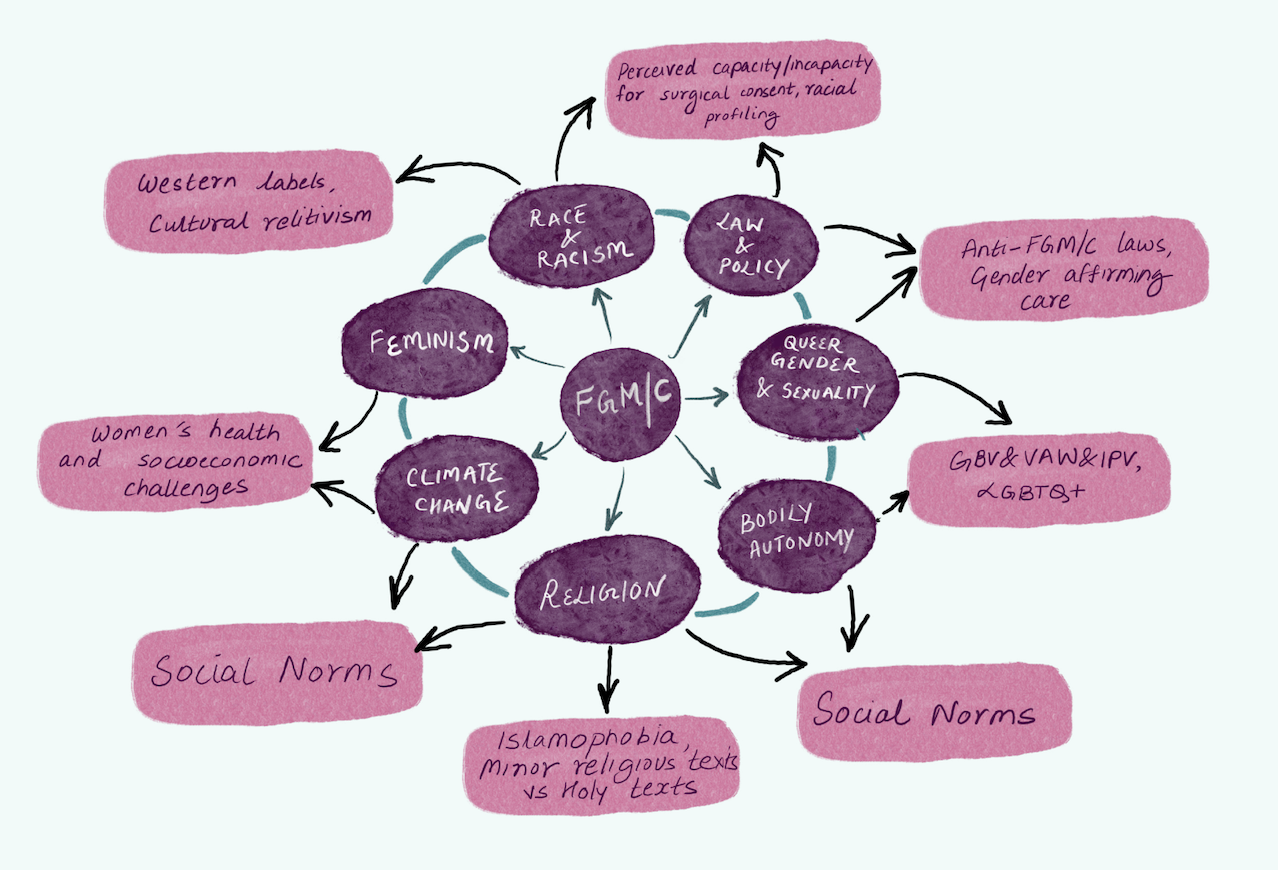Policy work has been central to Sahiyo’s goal to end the practice of FGM/C and find ways to support survivors since our founding in 2015. Thus, Sahiyo U.S. is proud to publish, “Policy Outreach, Education, and Advocacy: Impact Report 2015-2023”, our newest report that reviews the work that Sahiyo U.S. has carried out and partnered with other organizations at the global, national, state, and local levels in geographies such as Massachusetts, Connecticut, Washington, Michigan, and New York City.
Take a look at some of the highlights:
Why We Engage in Policy Work: We recognize that to end FGC and support survivors, policies must be informed by and created in partnership with communities impacted by FGC.
FGC is considered a social norm in practicing communities, and laws against FGC may help to prevent the practice by acting as a mechanism to shape the behavior of communities or individuals. Policies can be educational tools, deterrents, and influencers for psychosocial change. In guiding the creation of laws, communities can begin to realize that harmful practices – even those perceived to be steeped in culture and/or religion – should not be perpetuated. Furthermore, research indicates that to achieve maximum impact, policies should be developed holistically. This involves integrating community education and outreach components, alongside civil remedies for survivors, rather than relying solely on criminalization which does not fully address the larger goal of ending the practice.
Policy Program Goals: Here are Sahiyo’s goals for our advocacy work:
- Educate frontline professionals (i.e. healthcare providers, social workers, childcare professionals, etc...), lawmakers, and constituents while also engaging them to support policies addressing FGC.
- Unite diverse stakeholders and establish shared concerns and connections related to FGC, fostering a collective impact and the creation of state-level coalitions dedicated to advocating for policy changes that address FGC.
- Uplift and include the voices of survivors in educating policymakers.
- Increase individual civic engagement in the legislative process and ensure that impacted communities have a voice in the creation of policies in order to prevent FGM/C and support survivors.
By the Numbers: Program Impact from 2016-2023
- 3 state coalitions were formed.
- 2 states passed new legislation on FGC.
- 1 website was created for the Connecticut Coalition to End FGM/C.
- 2 Facebook pages were created for the Washington Coalition & Connecticut Coalition.
- 58 educational meetings held with legislators.
- 19 educational outreach webinars related to policy were hosted.
- 42 policy-related blog posts were posted on Sahiyo's website.
- 2 action alerts created in partnership with UNICEF USA & Equality Now.
To learn more, read the full report here.

